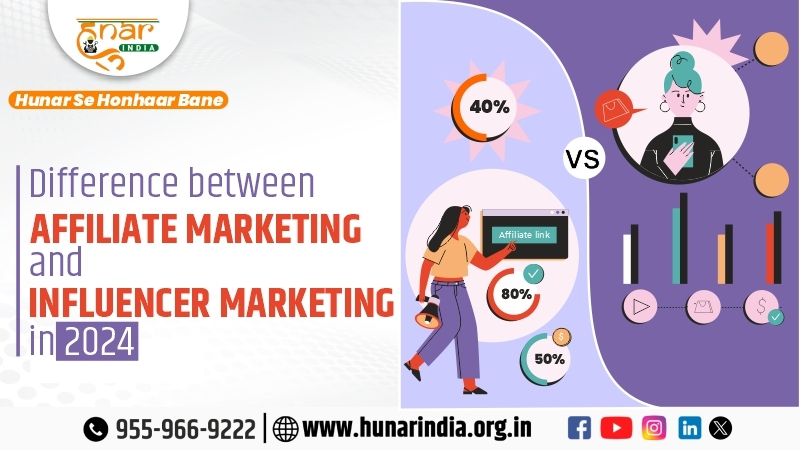Recent posts
All categories
- CBSE (4)
- JEE Main (2)
- NEET (5)
- IBPS PO/CLERK (PRE) (3)
- Bank MAINS Exams (1)
- IBPS PO/CLERK (PRE + MAINS) (3)
- SBI PO/CLERK (PRE) (4)
- Aptitude (2)
- Class 9 to 12 (1)
- Industrial Courses (1)
- Blog (169)
- Current Affair (4)
- Class 6 (1)
- IBPS RRB PO/CLERK (PRE) (1)
- IBPS RRB Office Assistant (1)
- Class 8 (1)
- Class 9 (2)
- Class 10 (3)
- Class 11 (2)
- Class 12 (3)
- IIT-JEE (2)
- SSC - CGL (11)
- SSC - CHSL (4)
- NDA (3)
- SSC - MTS (8)
- Lekhpal (2)
- NTSE SAT (1)
- KVPY (1)
- Job Oriented Courses (3)
- EDP Courses (1)
- Government Scheme (6)
- IBPS RRB PO/CLERK (PRE + MAINS) (2)
- SBI PO/CLERK (PRE + MAINS) (2)
- UPSSSC PET (2)
- NTPC CBT - 1 & 2 (1)
- SSC - GD (2)
- CDS (3)
- Gate (1)
Tags

Mobile applications have become increasingly popular in recent years, transforming the way we interact with the world around us. With the rise of smartphones and mobile devices, businesses across industries are using the power of mobile applications to enhance their customer experience, streamline operations, and stay ahead of the competition. This blog provides an overview of mobile app development, including its key stages, technologies, and considerations.
Stages of Mobile App Development
Mobile app development typically involves the following steps:
1. Planning and Analysis: This step involves defining the app’s purpose, target audiences, and key features. It may also include market research and competitor analysis.
2. UI/UX Design: In this stage, a user interface (UI) designer creates the app’s visual design, while a user experience (UX) designer ensures that the app is intuitive and enjoyable for users.
3. App Architecture: The developer builds the underlying structure of the app, incorporating the necessary features and components.
4. Coding and Development: In this stage, the apps functionally are coded using programming languages such as Android, iOS, or cross-platform frameworks like React Native.
5. Testing and Debugging: The app is thoroughly tested to identify any bugs or issues. Any problems are fixed to ensure a smooth user experience.
6. Deployment and Release: The app is uploaded to the relevant app stores, where users can download it.
7. Maintenance and Updates: After the release, the app may require ongoing maintenance and updates to address any issues discovered by users or incorporate new features.
Technologies Used in Mobile App Development
The selection of technology depends on the app’s platform (android or iOS) and the desired functionality. Here are some commonly used technologies in mobile app development:
- Android: Android is an open-source mobile operating system developed by Google. Developers can create Android apps using the Java programming language and the Android Software Development Kit (SDK).
- iOS: iOS is an operating system developed by Apple for its iPhone, iPad, and iPod touch devices. ISO developers can iOS apps using Objective-C or Swift.
- Java: Java is a flexible programming language that can be used for both web development and mobile app development. It is widely used for Android app development.
- Swift: Swift is a programming language developed by Apple for building iOS and macOS apps. It offers a modern, clean syntax and is well-suited for building high-performance apps.
- React Native: React native is a cross- platform development framework that allows developers to build native mobile apps using JavaScript. It offers a faster and more efficient development process compared to building apps from scratch.
- JSON: JSON (JavaScript Object Notation) is a lightweight data-interchange format that is commonly used in web and mobile app development. It allows developers to exchange data between different platforms.
Considerations for Mobile App Development
When developing a mobile app, there are several key considerations to keep in mind:
- User Experience: The app should be user- friendly and provide an excellent user.
- Performance: The app should perform well, with smooth animations and minimal delay.
- Responsiveness: The app should be optimized for different screen sizes and devices, ensuring a consistent experience across different devices.
- Security and Data Privacy: The app should be secure and protect users' personal information. Data privacy should be handled responsibly, in compliance with relevant regulations.
- App Store Optimization: The app should be optimized for app stores, such as Google Play store and Apple App store, to increase visibility and attract users.
- Continuous Improvement: The app should be regularly updated to incorporate new features, fix bugs, and ensure optimal performance.
For full Mobile App Development Course click here: https://hunarindia.org.in/course/mobile-app-development-m
Related posts
Related Package
Recent posts
All categories
- CBSE (4)
- JEE Main (2)
- NEET (5)
- IBPS PO/CLERK (PRE) (3)
- Bank MAINS Exams (1)
- IBPS PO/CLERK (PRE + MAINS) (3)
- SBI PO/CLERK (PRE) (4)
- Aptitude (2)
- Class 9 to 12 (1)
- Industrial Courses (1)
- Blog (169)
- Current Affair (4)
- Class 6 (1)
- IBPS RRB PO/CLERK (PRE) (1)
- IBPS RRB Office Assistant (1)
- Class 8 (1)
- Class 9 (2)
- Class 10 (3)
- Class 11 (2)
- Class 12 (3)
- IIT-JEE (2)
- SSC - CGL (11)
- SSC - CHSL (4)
- NDA (3)
- SSC - MTS (8)
- Lekhpal (2)
- NTSE SAT (1)
- KVPY (1)
- Job Oriented Courses (3)
- EDP Courses (1)
- Government Scheme (6)
- IBPS RRB PO/CLERK (PRE + MAINS) (2)
- SBI PO/CLERK (PRE + MAINS) (2)
- UPSSSC PET (2)
- NTPC CBT - 1 & 2 (1)
- SSC - GD (2)
- CDS (3)
- Gate (1)










